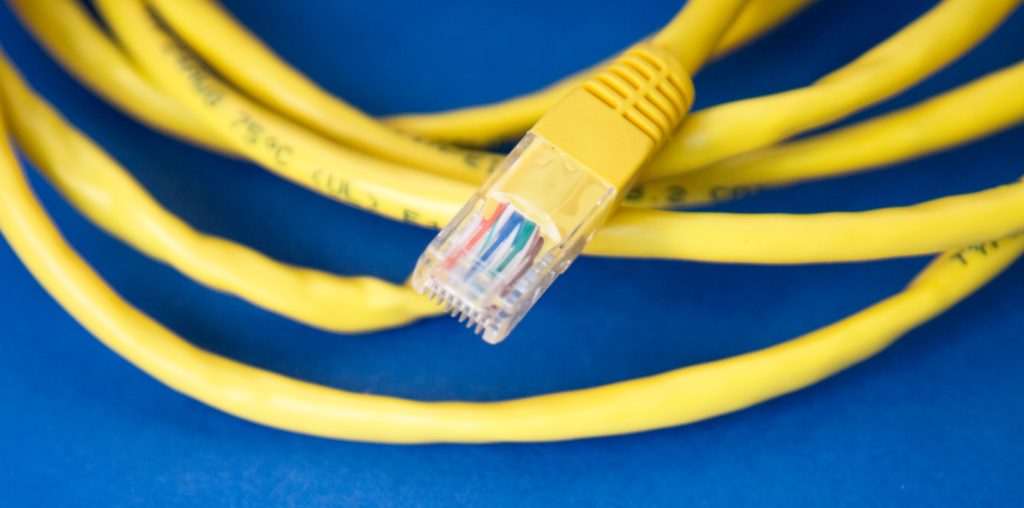Democracy & Technology Blog Broadband Consumers Deserve Certainty, Not Partisan Politics
The Senate is expected to vote Wednesday on a proposal by Ed Markey (D-MA) to resurrect the Federal Communications Commission’s 2015 attempt to prevent blocking, throttling and paid prioritization by declaring that it has the right to regulate broadband using public utility-style regulation from 1934 that applied to telephones.
Minority Leader Chuck Schumer (D-NY) let the cat out of the bag in remarks on the Senate floor on May 9 when he acknowledged that re-imposing public utility status would allow the FCC to regulate the price of broadband services.
We believe that the internet (sic) should be kept free and open like our highways—accessible and affordable to every American, regardless of the ability to pay.
The 1996 Telecommunications Act that passed the Senate by a vote of 91-5 reflected a bipartisan consensus that Internet services broadband should not be regulated like the telephone or cable monopolies of the past. The FCC calculates that broadband providers invested $1.5 trillion in the 20 years since this law was passed and could find no evidence of systematic harm to consumers. On the other hand, the FCC also found that investment declined as a result of utility style regulation enacted by the commission on a party-line vote in 2015.
Among other things, the 1996 law repealed cable rate regulation. President Bill Clinton’s FCC chairman—who struggled to unsuccessfully implement the ideological and ill-conceived 1992 Cable Act—would later lament that the barely distinguishable consumer savings hardly offset the massive reduction in investment and innovation.
The gains from price regulation were small for each beneficiary; the losses huge for the regulated. Cable regulation meant so little to the former (perhaps a hamburger a month) and so much to the latter (a difference of billions in foregone capital expenditure) **** Most Americans, indeed, never knew that their cable bill had been lowered by, say, a dollar a month, making it about 3 to 5 percent less than what it might have been.
Oblivious to the failure of cable rate regulation, then-Congressman Ed Markey’s proposal to retain it anyway easily failed in the Democratic-controlled House, 148-275 (Aug. 4, 1995).
Back to the present: Broadband providers have pledged in their terms of service to refrain from blocking, throttling or paid prioritization, and the Federal Trade Commission can enforce these commitments using it’s authority to prevent deceptive trade practices.
If this isn’t sufficient, Senate Commerce Chairman John Thune (R-SD) has offered to develop permanent bipartisan net neutrality legislation creating clear but limited authority for the Federal Communications Commission to prevent blocking, throttling and paid prioritization—but none of his Democratic colleagues are willing to work with him.
“…Democrats have decided to take the issue of net neutrality and make it partisan,” according to Thune.
Instead of working with Republicans to develop permanent net neutrality legislation, they’ve decided to try to score political points with a partisan resolution that would do nothing to permanently secure net neutrality.
Brian Schatz (D-HI) confirmed that in the short term Wednesday’s vote is mere politics when he boasted to the Los Angeles Times, “I cannot think of an issue that polls so decisively on one side.” Schumer has revealed that in the long term net neutrality is not so much about preventing blocking, throttling or paid prioritization—but about imposing suffocating oversight on broadband Internet access services in order to pursue more controversial regulatory objectives.
Consumers and investors deserve better. It’s time for Congress to pass bipartisan legislation that will balance the needs for both net neutrality protection and proper incentives for robust investment in broadband infrastructure.


